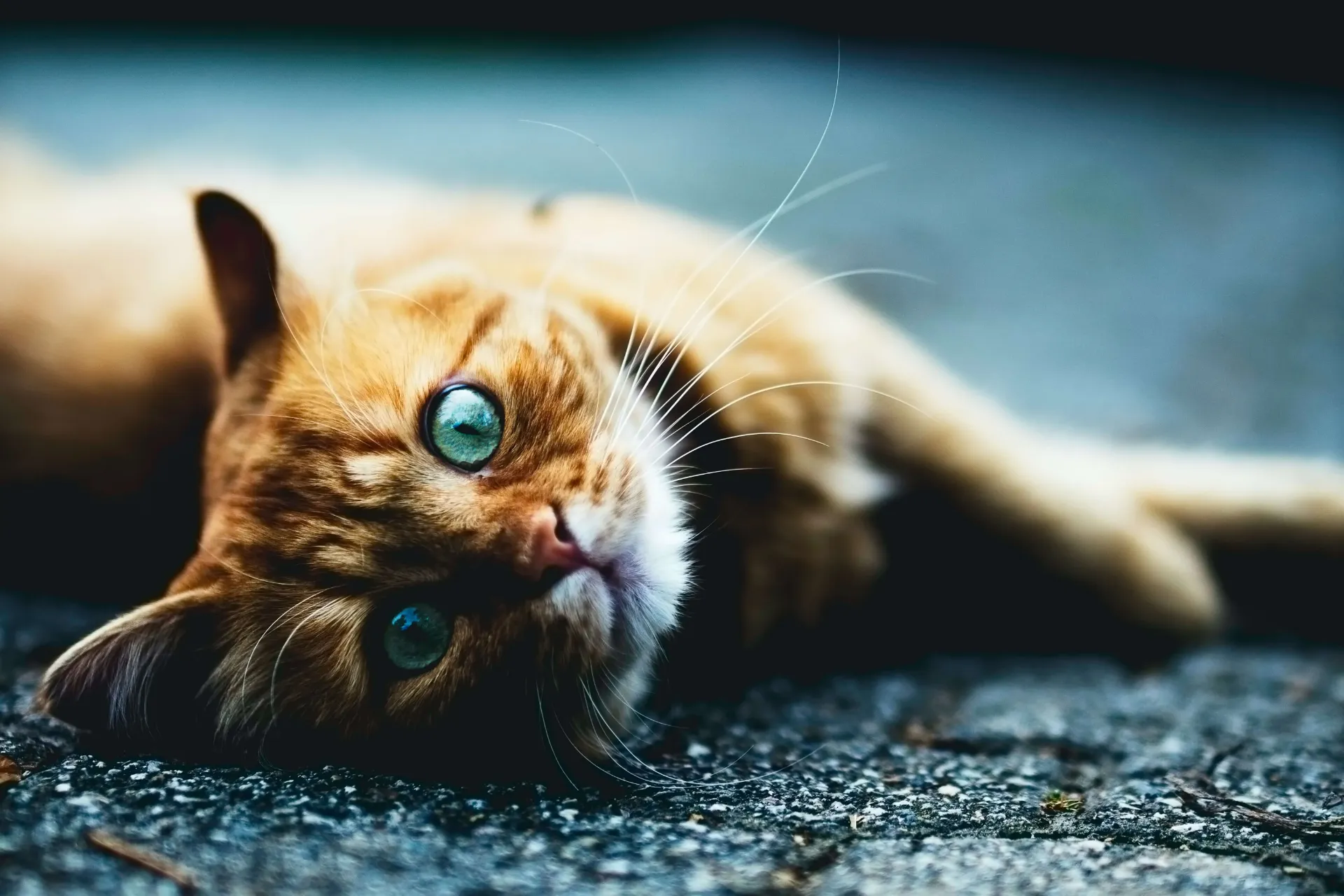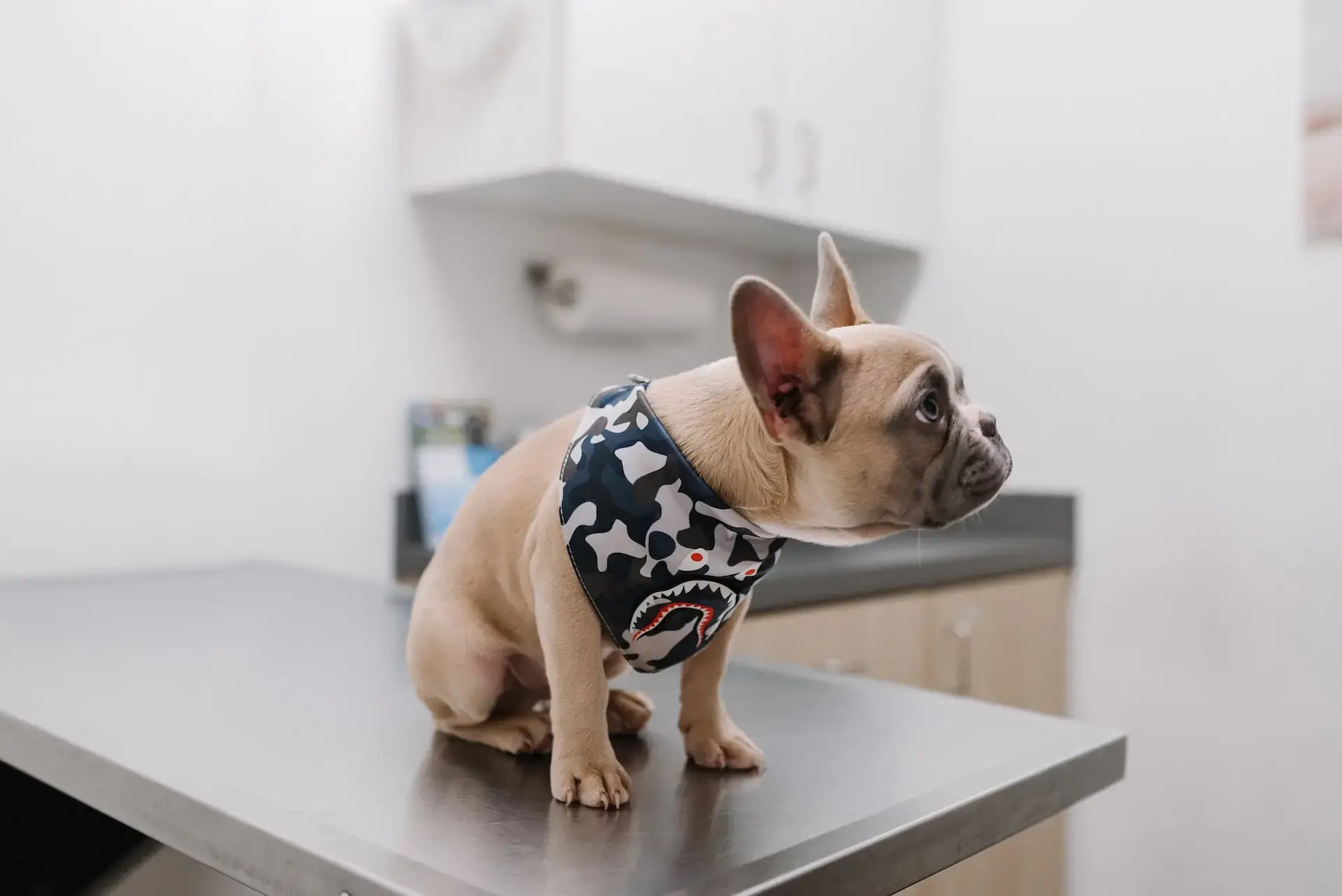Guinea Pig Care Information
Did you know that Guinea pigs are enjoying a popularity streak? About 1.5 million American families own guinea pigs. When you consider that most of these households have more than one of these little guys, that puts the estimated number of guinea pigs living in the USA at 3.8 million! A local Visalia, CA vet shines the spotlight on these charming little balls of fur in this article.
Are Guinea Pigs Hard To Take Care Of?
Guinea pigs are pretty easy keepers. However, they do need some daily care. You’ll need to feed your pet and offer fresh water every day. You’ll also need to spot clean, which basically entails removing waste and uneaten food. These guys also need a fair amount of daily free time.
Do Guinea Pigs Need A Lot Of Veterinary Care?
Guinea pigs—or cavies, as they are also called—tend to be pretty sturdy, as long as they are getting proper care and a good diet. They do not need any regular vaccinations. However, it is important to have your pint-sized pal regularly examined and checked for parasites.
As with any pet, you’ll also need to watch for signs of sickness, and seek care immediately if you notice anything wrong. It’s important to become familiar with common illnesses, and the warning signs to watch for. Some of these include:
- Dull coat
- Loss of appetite
- Lethargy
- Withdrawal
- Diarrhea
- Poor Fur Condition
- Missing Fur
- Soft Droppings
- Unusual vocalizations/behavior
Contact your Tulare County veterinarians right away if you see any of these things.
Many common illnesses in Guinea pigs can be treated with proper care and/or medication, but it’s important to have the issue addressed immediately.
What Sort Of Cage Do I Get A Guinea Pig?
Your pint-sized pal will need quite a bit of room to run and play. We recommend getting a cage that is at least 10 square feet for two cavies. To give your pets that extra floor space without giving up room, choose one with multiple levels. There should be an enclosed ramp for access.
Choose a cage with a solid floor. The wire ones won’t contain substrate, and can even hurt your pet’s tiny feet. You’ll need to add a good substrate, such as aspen. Don’t use pine or cedar: they can actually cause respiratory issues in small animals. For furnishings, you’ll need to include a good hide, a water bottle, and, of course, lots of toys.
Choosing the right spot is also important. Your cavy will be most comfortable in a spot that stays at the average room temperature. Avoid putting your furry friend in direct sunlight. You also don’t want to put the little guy near heating ducts or in drafty spots. If you have a dog or cat, you may want to elevate the cage, so Fido and Fluffy don’t stare in at your tiny pals. That could be quite scary for a little ball of fur!
Is A Guinea Pig A Good Pet For Kids?
Guinea pigs can make great little pets! They’re very popular ‘starter’ pets for children, and it isn’t hard to see why. They’re small, cute, and quiet, and are pretty easy to care for. They’re also more affectionate than most pocket pets. They make a variety of charming noises, such as little squeaks and whistles. You can even teach them tricks! Plus, they don’t live very long, so you aren’t looking at a huge time commitment.
Will Guinea Pigs Cuddle With You?
One of the great things about Guinea pigs is the fact that they can be quite affectionate. Some of them like to curl up on their humans’ laps. Of course, socialization and proper handling have a lot to do with it.
Do Guinea Pigs Need Chew Toys?
Definitely! Like many other pocket pets, cavies have open-rooted teeth, which never stop growing. Your little buddy is going to need lots of things to nibble on.
You can buy some really cute toys in stores, but you can also make your own. Many common household items can be turned into playthings for your little buddy.
Here are a few options:
- Crumple a paper ball up around a yummy treat. If you really want to pamper your pet, do a bunch of these, and then put them in a small box or basket for the little guy.
- Repurpose toilet paper or paper towel tubes. There are quite a few things you can do with them. You can fold them into envelopes, slice them apart into rings and make small balls out of them, stuff them with herbs or shredded paper, or poke holes in them and put herbs, hay, or sticks in the hole. You may need to be careful with the glue, though.
- Get a paper lunch bag and fill it with herbs or shredded paper.
- Cute plain or fold plain paper into shapes. (This is a cute kids’ project.)
You’ll find many other ideas online. You can also use many wood or wicker items. Be careful not to offer anything with small parts or sharp edges. Items covered in decorations such as paint, varnish, dye, or glitter are also unsafe, as is anything with ropes or strings. Ask your Tulare County vet for more information.
Do Guinea Pigs Need To Be In Pairs?
Guinea pigs are very social. They get very lonely and depressed without any friends. In fact, it’s illegal to have just one of them in Switzerland: it’s considered abusive.
Of course, you’ll need to be careful about choosing your pet’s roommates. Ideally, you’ll want to either keep same-sex or fixed pigs together, as otherwise they will breed. Unneutered males aren’t don’t usually make good roommates, as they could fight. Ask your vet for more information.
What Do You Feed A Guinea Pig?
As with any other pet, proper nutrition is critical to keeping these guys healthy. Guinea pig diets aren’t complicated, but there are some very important do’s and don’ts for pet owners to be aware of.
Good grass hay, such as Timothy hay, should be available at all times. You can give your little buddy commercial food, such as pellets, for his breakfast and dinner. This can be supplemented with fresh produce.
Here are a few tips:
- Don’t leave uneaten food in the cage, as it could spoil.
- One thing that is very important here is making sure that your tiny pal is getting plenty of Vitamin C. This is crucial to cavies. Deficiencies can cause your Guinea pig to develop scurvy. Your vet may recommend supplements. However, it’s also important to include lots of foods that contain vitamin C. That of course means fruits and veggies.
- Only offer safe foods. Some safe veggies include carrots, green peppers, Romaine lettuce, and zucchini are all safe for cavies. As for fruits, your tiny pal can have pears, apples, bananas, pineapples, melons, peaches, plums, and mandarins. Be sure to do your research: not all types of produce are safe for your tiny pal. Many, such as broccoli and cauliflower, should only be offered on occasion.
- Wash produce, and remove any seeds or pips before giving it to your tiny pal.
- Don’t go crazy with fruits: too much sugar isn’t safe for your tiny pal.
It’s also important to know what isn’t safe. That list includes chocolate, garlic, onions, scallions, chives, and the leaves from tomato and potato plants. Ask your Tulare County veterinarian for specific advice.
In Conclusion: Guinea pigs are adorable pets that are easy to care for. Just be sure to do proper research before adopting one. Consult your veterinarian for specific care tips.
Do you have questions about Guinea pig care? Contact us today! As your Tulare County pet hospital, we’re here to help!





!Social Icons